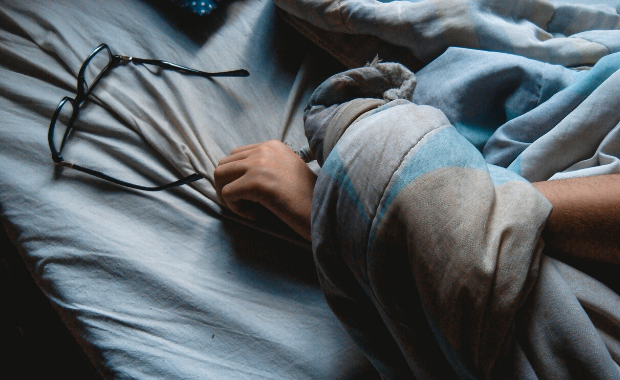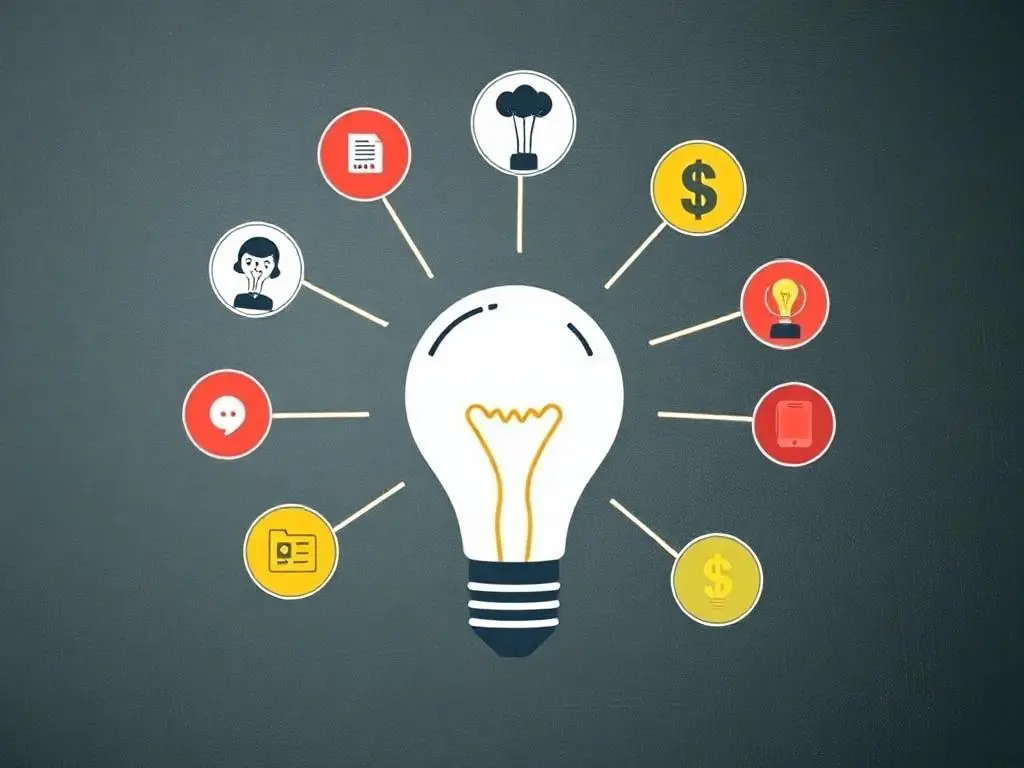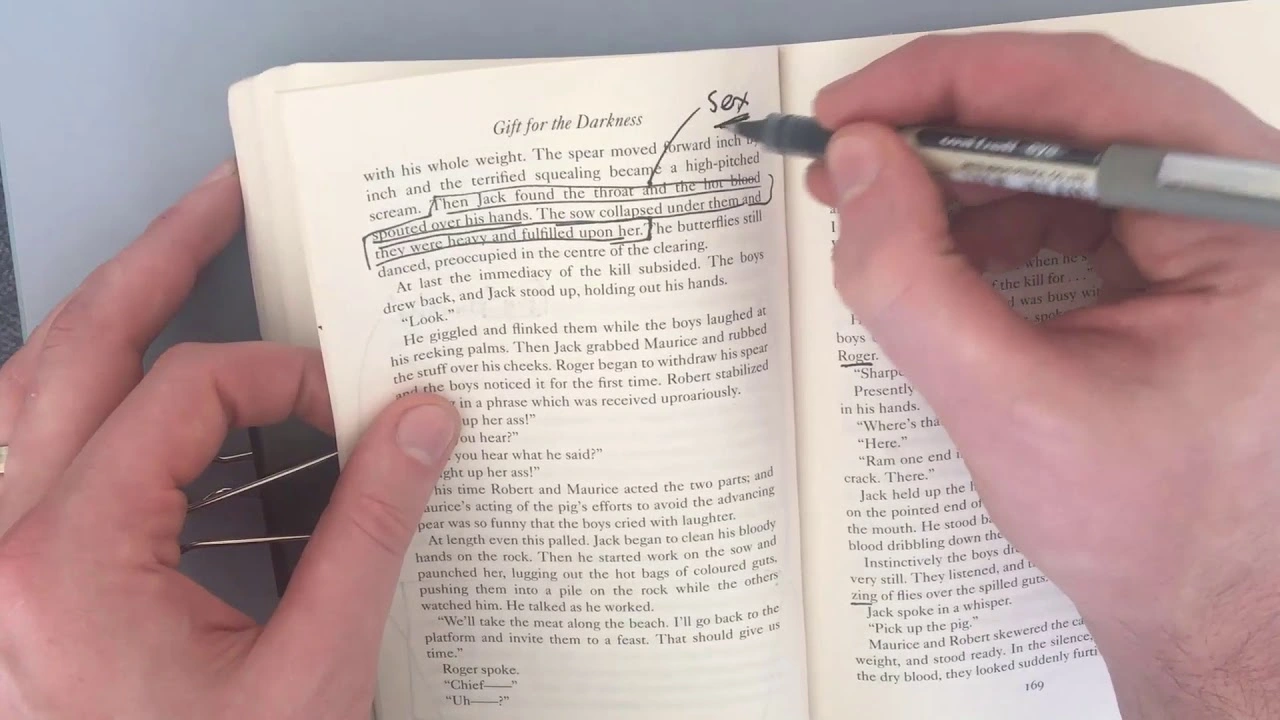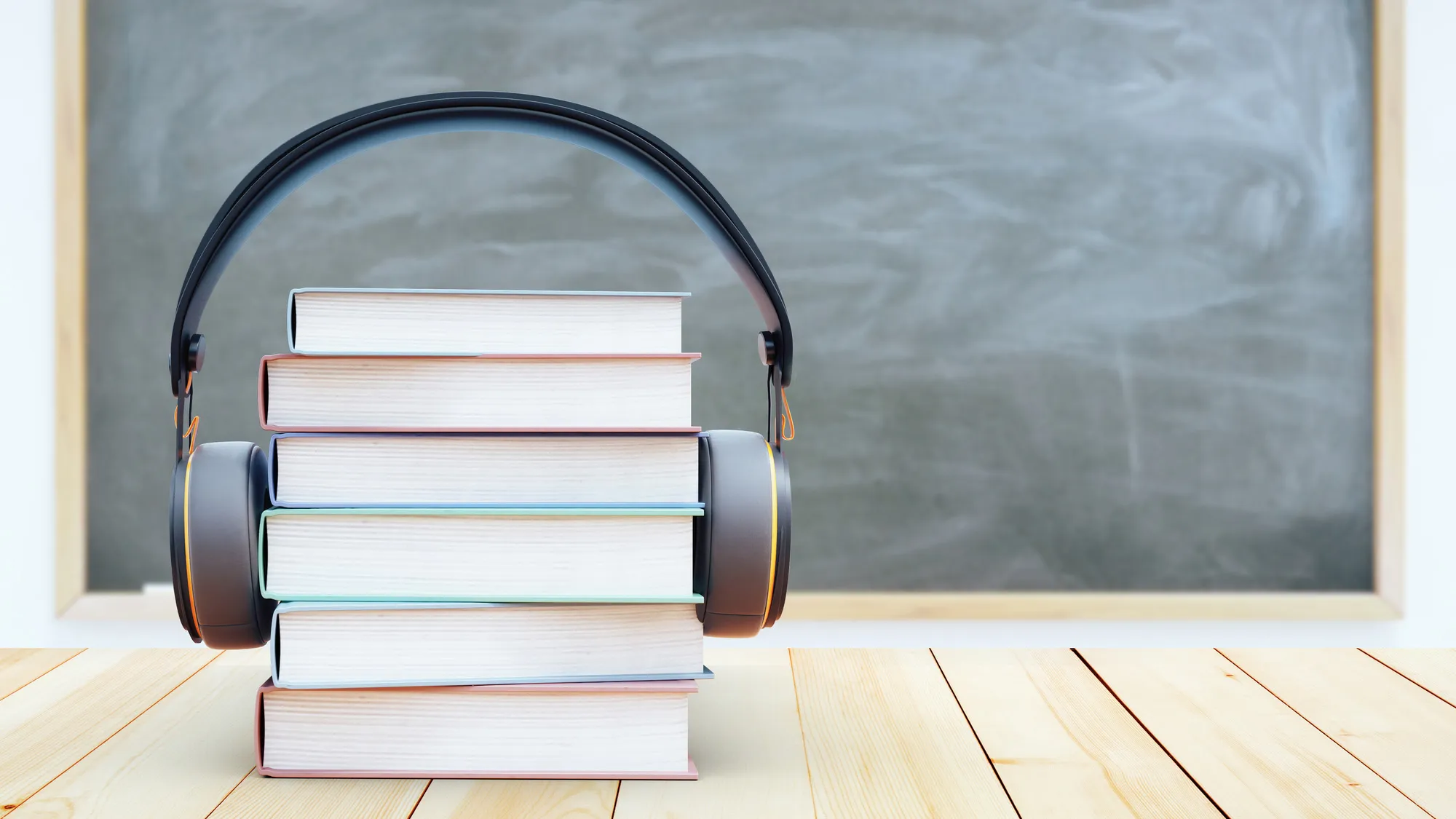- January 07, 2025
5 Life Changing Things You Miss Out on After Pressing the Snooze Button
- September 08, 2022
- in Quotes

If you’d like to learn how to wake up ready energized to start your day so you can accomplish everything you need to do, sign up for the free 90-Day Master Class hosted by the founder of Addicted2Success.com, Joel Brown.
When was the last time you pressed the snooze button? If it was recent, you’re not alone. Snoozing is a modern-day epidemic. You must always remember the saying “If you snooze, you lose,” because it’s not far from the truth.
As a regular commuter, it never felt natural to hit the snooze button because if I did, I would miss the morning bus. It wasn’t until I enjoyed my sabbatical that I “reinvented” the snooze button on my phone, and I quickly figured out how to find a reason to crawl back into bed. While I’d hardly fall back asleep, even if I did get more sleep, I didn’t feel good about it.
Here are 5 things you miss out on after pressing the snooze button:
1. Missing out on quality sleep
Regardless of whether you fall back asleep once you hit the snooze button, you miss out on more quality sleep. If you press the snooze button multiple times, you confuse your brain and communicate to your body that you’re going back into rest mode. As a result, you may end up as a zombie when you crawl out of bed. On top of that, snoozing makes you feel guilty.
2. Missing out on quality time for yourself
I often hear from people that reading or journaling would impose a major weight on their agenda, but it doesn’t have to be that way. Getting up earlier is the best time to immerse yourself into a great book or jot down your ideas on paper.
Here’s a list that you may want to consider as an alternative to snoozing:
- Exercise: Morning exercise has been shown to improve your sleep during the night. Doing some push-ups for 5 minutes might not seem like a lot, nor is it a vigorous exercise, but it’s more than nothing.
- Meditation: Many of us would assume that meditation and mindfulness are types of spiritual hocus-pocus. At least that’s what I thought. However, the truth is there are more than 4,000 scientific articles on the science of meditation. Meditation has been linked to improved mental and emotional health, reduced stress, and increased creativity.
- Journaling: Many successful individuals begin the day with journaling, which helps them to digest the lessons from the previous day, practice gratitude, and maintain focus.
- Reading: The morning is the best time to read. Even if you just read 5 pages, you’re already ahead of people who chose to snooze. Always remember small things add up and soon you’ll become an avid reader.
- Checking email: Although checking email in the morning isn’t the best use of your time, it’s way more productive than hitting the snooze button. If you happen to get into your inbox, make sure that you don’t spend too much time on a single message. Just use the 2-minute rule to address your duties: Everything that takes more than two minutes to do is something that might go to your to-do list.
What I’ve learned over the years is that you need to let go of your all-or-nothing mentality. The key is that you always do something. Even if this is a 5-minute exercise or a 5-minute meditation, you move the needle and that’s how you gain momentum.
“One key to success is to have lunch at the time of day most people have breakfast.” – Robert Brault
3. Missing out on a healthy breakfast
Although there’s some debate on whether breakfast is the most important meal of the day, by choosing to snooze, you may end up with an empty stomach. Even worse, you may end up in a fast-food restaurant. Preparing a healthy breakfast takes five to ten minutes. Isn’t it worth the time?
In his book, Atomic Habits, James Clear argues that you make every new habit as effortless as possible. The author introduced his own two-minute rule: “When you start a new habit, it should take less than two minutes to do.” Begin with baby steps and then slowly build up your desired habit. That’s how you carve out some time for your one thing.
4. Missing out on a time to do your ONE Thing
I like the ONE Thing concept published by Gary Keller & Jay Papasan. The idea of identifying the most important thing to do is simple yet so powerful. You block out time for doing your ONE Thing, and you diligently show up every day. The focusing question, as the authors coined it, goes like this: “What’s the ONE Thing I can do today that by doing it everything else will be easier or even unnecessary?”
It’s a universal formula. The 80/20 principle, the Frog analogy proposed by Brian Tracy, the Daily Big Three coined by Michael Hyatt, or the Big Rocks attributed to Stephen Covey, all arrive at the same mantra: Identify your most important projects or goals and then do something every single day to achieve extraordinary results.
The advocates of those principles mostly agree that morning is the best time to do your ONE Thing. There are few, if any, distractions there in the morning and for most people the energy levels are high.
“If I had six hours to chop down a tree, I would spend the first four hours sharpening the axe.” – Abraham Lincoln
5. Missing out on a positive psychological benefit
When you hit the snooze button, you’ll tell your brain that you don’t want to embark on your daily journey. It’s something very similar to making your bed. Making your bed in the morning can be a life-changing habit. It pulls you into an upward spiral of small accomplishments. And, you know, big things all begin with baby steps.
Stop pressing the snooze button once and for all
Sleeping feels good and getting up feels bad. Even if you’re lucky enough to get out of bed with the enthusiasm of a child who anticipates Christmas morning, getting up still hurts. Nonetheless, the point is that getting up late and feeling guilty about it is worse. Prioritize having your most important tasks done early in the morning so you set up the day for success. Over time, it becomes addictive.
Here’s a simple trick that may help you get rid of your snoozing habit: put your alarm clock far away from your bed, so that you need to get up and move your body to turn off the alarm. The odds are that it might help you to stop pressing the snooze button once and for all.





